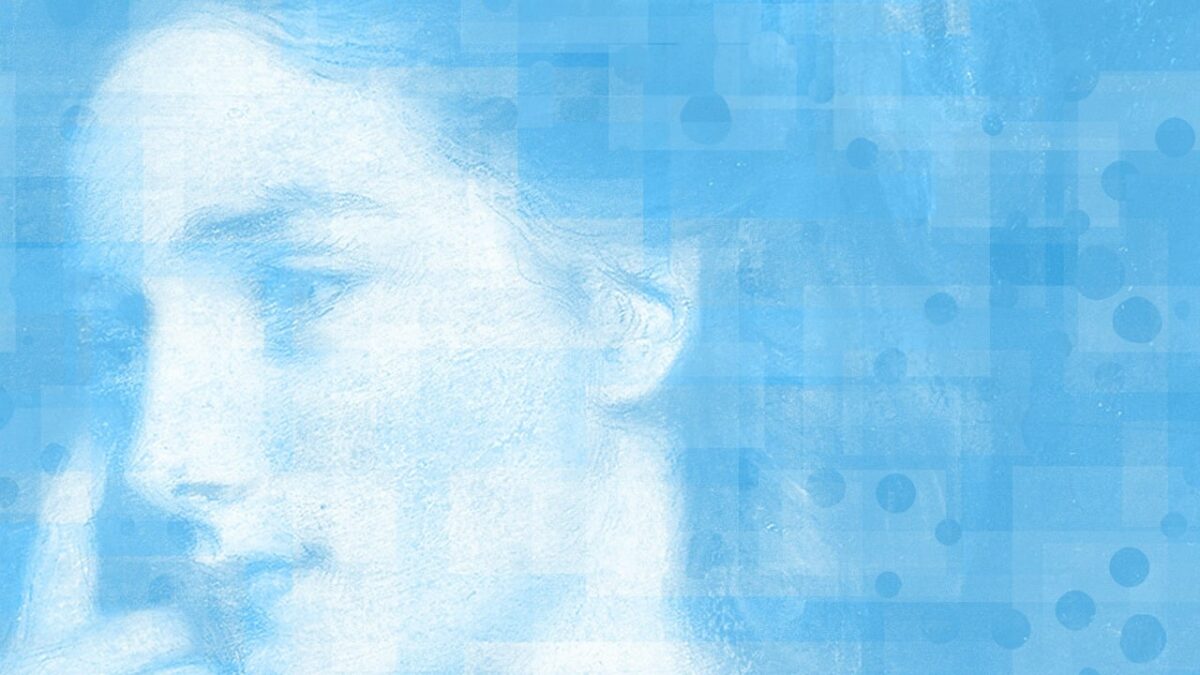Beginning in 1992, the World Health Organization (WHO) designated October 10th as “World Mental Health Day.” As with many prevention efforts, they choose a theme or focus each year. In the past, themes have ranged from broader measures like inclusion and equality to more focused topics such as young people and mental health, mental health in the workplace, and suicide prevention.
This year, WHO has chosen, “Mental Health is a Universal Human Right.” In fact, the past couple of years has been aimed at a similar broad-stroke effort for all, mainly due to the worldwide impact of the pandemic that continues to affect individuals and communities. As we do so often in Partners in Prevention, this day allows stakeholders to collaborate on their work to help make mental health care for all a reality. In addition, WHO casts a wide net on stakeholders, including anyone from individuals with mental health conditions and advocates all the way to employers and governments. All are welcome in this important conversation.
Global Mental Health Considerations
To emphasize the importance of World Mental Health Day and the impact it can make through various stakeholders, below are some statistics and information about mental health efforts and gaps in care worldwide:
- The pandemic placed an enormous strain on mental health throughout the world. Estimates are that both anxiety and depression disorders rose by 25%, adding to the one in eight people who were already living with a mental health disorder.
- While mental health services and funding have always been below what is needed by the population, the impact of the pandemic further highlighted this gap between the services available and the services required.
- One of the most staggering pieces of information shared by WHO is that, due to inequalities, conflicts, the public health emergency of the pandemic, and related violence, 84 million people were forcibly displaced in 2021. Housing stability and safety are central to our well-being, impacting these displaced populations immensely.
- Here in the United States, we have made great strides around the narrative and access to mental health support. However, we continue to have to work toward reducing stigma. This pattern is true and often exacerbated in other countries that may not have public health campaigns, access to care, or cultural conversations in place that make mental health care a health conversation, rather than a moral failure.

Supporting & Participating in World Mental Health Day
Whether it is October 10th or any other day of the year, WHO has provided incredible resources to help paint the picture of the need for world mental health care. Consider utilizing the below:
- Posters that highlight what an effective network of mental health care would look like, what shifts need to be made to make mental health care more accessible for all, and paths to transformative mental health practices. To see or download these posters, link here.
- Powerful videos that highlight individual stories, as well as community and world experiences, that help visually translate the experience of mental health care around the globe. If you would like to view or show these videos, link here.
In order to raise the tide for everyone, we cannot just be aware of the challenges in our own communities. The impact of the pandemic, paired with ongoing inequalities and challenges around the world, is having a challenging impact on global mental health care. We can do our part by learning through resources and opportunities provided by organizations like WHO to help bring awareness and do our part. While the solutions may not all be in place yet, stakeholders are working to help this year’s World Mental Health Day theme, “Mental Health is a Universal Human Right” a lived reality.
Additional Resources:
- https://www.who.int/campaigns/world-mental-health-day
- https://wfmh.global/
- https://www.un.org/en/healthy-workforce/world-mental-health-day
- https://blog.youtube/news-and-events/finding-connection-and-support-world-mental-health-day/
Originally published on October 10, 2022. Updates to theme on October 12, 2023. By Anne Rulo, Author, Speaker, Therapist. www.annerulo.com. FB/IG/Twitter @annemrulo
